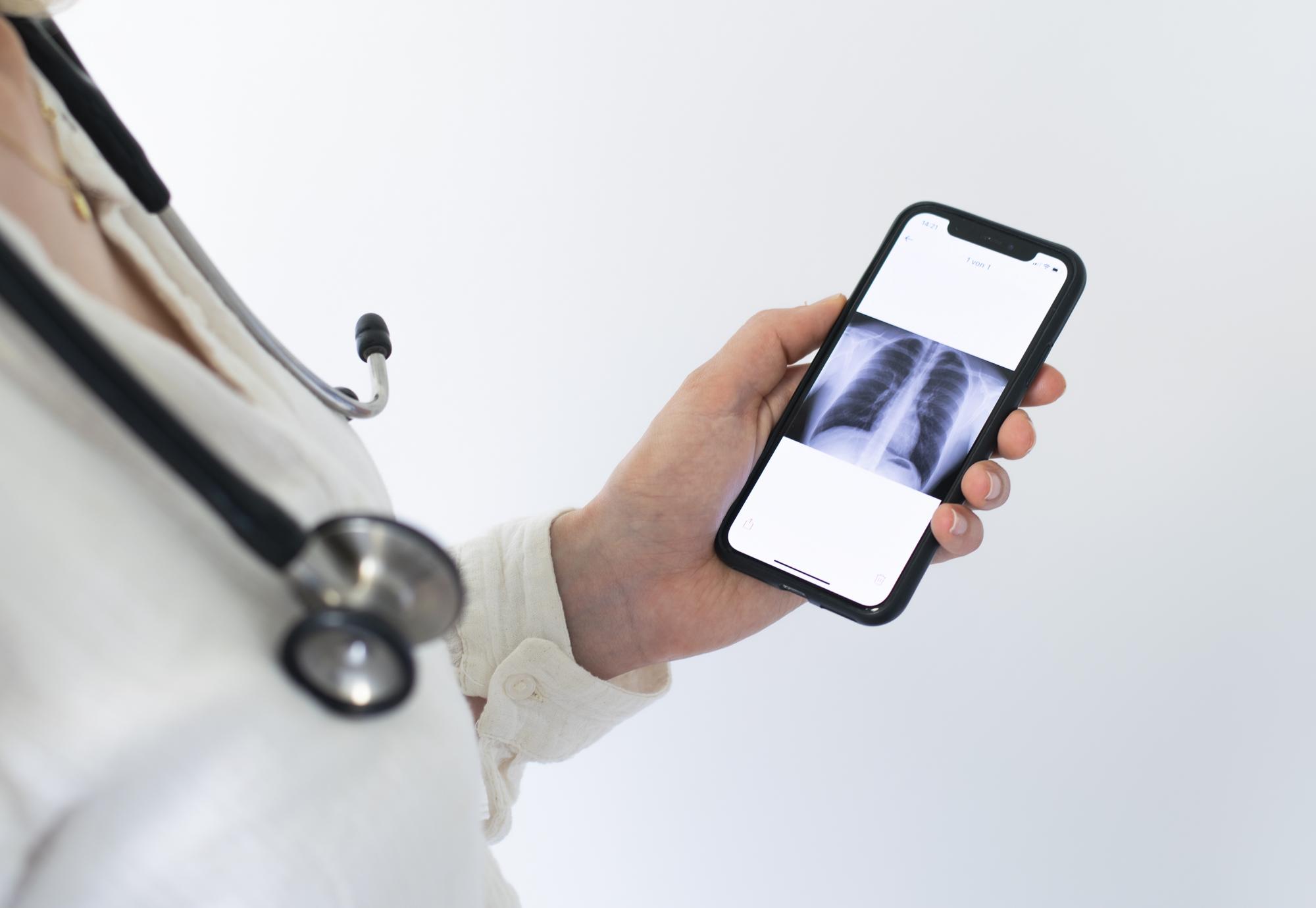The role of the digital, data and technology profession in the future of UK health systems is set to gain new recognition and direction when the government unveils its Data Saves Lives strategy this spring. If it lives up to its promise, this will help to drive the efficiency and effectiveness of data infrastructure, driving interoperability while establishing clear and open standards for safely sharing data.
The backdrop to the new strategy is the tumult which was caused by the pandemic, and the acceleration of digital trends which this created. The UK government now wants to build on the momentum which has been established in the push towards digital transformation. Similar exercises can be seen elsewhere in Europe, such as in Germany, which is set to invest €59 billion in e-health and digitalization in the rush to improve services.
While the UK’s strategy is primarily focused on the internal workings of the national healthcare system, the implications are positive for all healthcare technology organisations which have demonstrated a commitment to data safety and security. It means they are well-placed, both technically and culturally, to support the NHS in its onward journey.
Encouraging innovation
On reading the draft document, what encourages me most is the focus on supporting innovators – those most likely to be responsible for developing and delivering new solutions to benefit both healthcare professionals and patients. The new strategy is set to provide a clear set of standards for those creating or deploying new data-driven technology.
This commitment to creating an innovation-friendly environment, with a framework for testing, approval and deployment, can be the catalyst for continuous improvement in the technologies used by healthcare professionals. It will provide the confidence to support investment, rather than the hit-and-miss, rather opportunistic nature of the environment currently.

‘We find ourselves in the middle of a very exciting time in the digital development of healthcare in the UK,’ Siilo Messenger’s founder, Joost Bruggeman.
As CEO and co-founder of Siilo, a healthcare specific digital communications tool, I understand the fine line that the Government needs to walk. On the one hand, it needs to build on the huge opportunities that new technologies present by keeping its doors open to innovation – doors which opened because of the challenges brought by the pandemic. But on the other hand, the Government needs to regulate and manage the relentless growth of new technologies.
Covid-19 played a part in Siilo’s own pathway into the UK healthcare market, due to the urgent need for rapid, reliable communication and information sharing. The other issue which facilitated our entry was a series of daunting ransomware attacks in the UK, which prompted hospital boards to take preventive measures on all digital aspects of healthcare, pushing data security to the forefront, and prompting hospitals to reject unsafe commercial messenger apps that posed a threat to data safety.
Without these driving factors, we are under no illusion that Siilo’s route into the UK healthcare sector would have been far more difficult, especially as a tech company from outside the UK. So now that the panic of the pandemic is subsiding, the Data Saves Lives strategy is aiming to create an environment which is conducive to technological innovation at a level which is appropriate for the NHS.
This is a significant challenge because oversight boards have to make decisions on topics and technologies that they may not be familiar with. Conversely, technology often develops so quickly that in vast structures such as the NHS, conducting a swift quality assurance and compliance strategy, as well as putting new regulations in place, is far more easily said than done.
So at Siilo we look at the proposed strategy with great anticipation, while at the same time we understand how things work in the real world. There’s unlikely to be a perfect solution, but that doesn’t mean that innovators should sit and wait until everything becomes more crystalised. It is the responsibility of the technology sector to interact with healthcare providers and the NHS, so we can hold up our side of any mutual agreement.
In short, it is also our job to provide clear data on our services so that decision makers have a good understanding of what we bring to the table, how we work, and how we can contribute to the NHS’s future aspirations and security regulations. And we should welcome any opportunities for dialogue – we find ourselves in the middle of a very exciting time in the digital development of healthcare in the UK.
Joost Bruggeman is a former surgery resident at Amsterdam University Medical Centre and now CEO and co-founder of Siilo - Europe’s largest medical messenger app. For more information, please visit www.siilo.com.


















